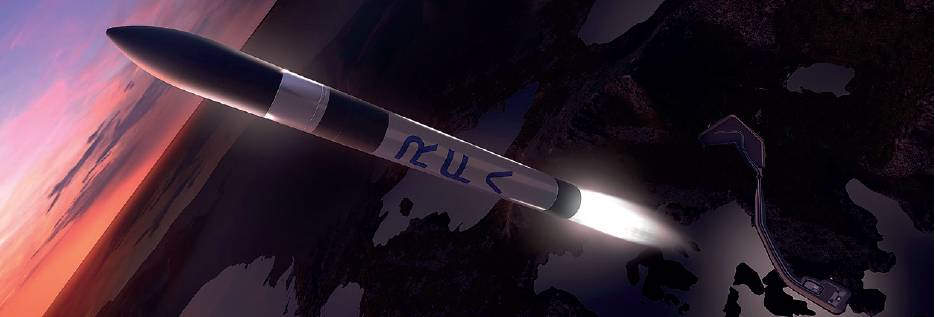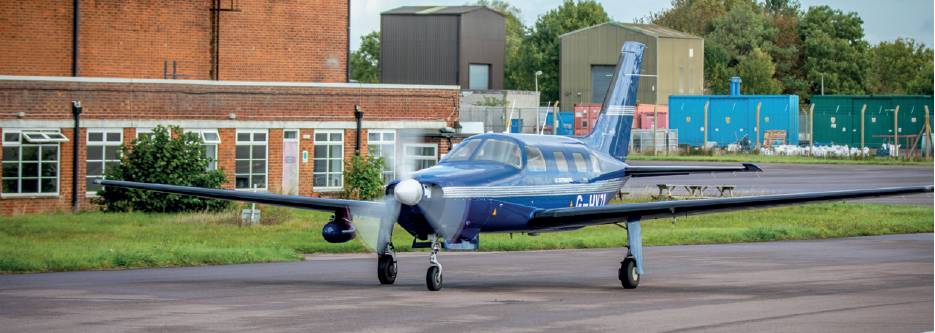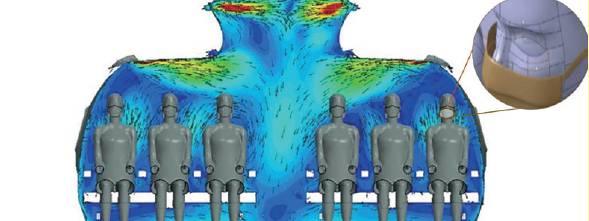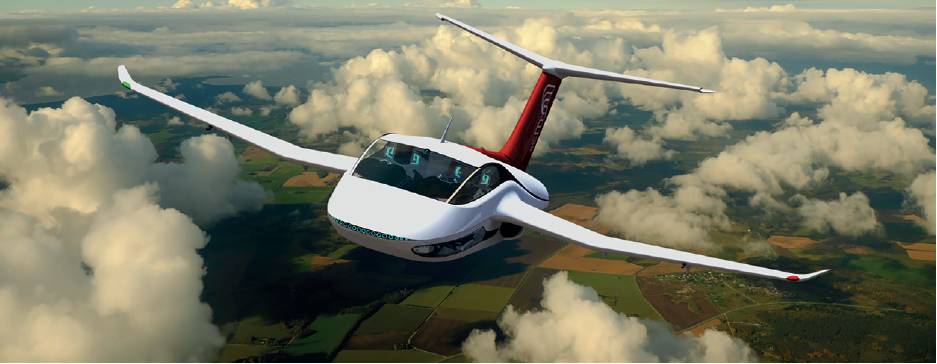DEFENCE
Armed drone war erupts in Nagorno-Karabakh
 Azerbaijian MoD
Azerbaijian MoD
Simmering tensions between Armenia and Azerbaijan over the disputed region of Nagorno-Karabakh have seen the use of armed drones to target ground forces. Azerbaijan, supported by Turkey, has been reported to be operating the Turkish TB2 Bayraktar UCAV, as well as the Israeli Harop loitering ‘kamikaze’ drone, with footage of Armenian T-72 tanks, artillery pieces and SAM systems being struck by armed UAVs.
India tests new missiles for armed forces
India has test flown a new supersonic antisubmarine missile, allowing submerged targets to be engaged from 400nm away. Tested on 5 October, DRDO’s Supersonic Missile Assisted Release of Torpedo, (SMART), is a missile that carries a lightweight torpedo and is designed to give shore units or warships a long-range stand-off antisubmarine capability.
- Meanwhile, on 9 October, the DRDO conducted the first live firing trial of RUDRAM, the first indigenously-developed anti-radar missile (ARM) from India. The long-range missile was fired from an IAF Sukhoi Su-30MKI at a radar target on Wheeler Island off the coast of Odisha.
Tempest could generate £25bn for UK economy, finds study
 BAE Systems
BAE Systems
An independent study on the value of the Tempest combat aircraft programme by PwC has reported that it would generate £25bn to the UK economy in the first 30 years – with 20,000 jobs being supported annually between 2026-2050. This excludes export sales or spin-off R&D value. As an example of the latest technology involved, the ‘MultiFunction Radio Frequency System’ integrated radar/sensor being developed for Tempest by Leonado UK will see the data equivalent of the internet traffic of a large city being captured by the aircraft’s mission systems every second.
GENERAL AVIATION
1,000th TBM turboprop rolled out
French GA manufacturer Daher Aircraft has rolled out the 1,000th TBM single-engine turboprop since the aircraft was first produced in the late 1980s by SOCATA. The TBM 940 was rolled out from the manufacturer’s Tarbes final assembly line in France for a US-based customer, with the official handover to be in Pompano Beach, Florida. Acquired by Daher ten years ago, the number of TBMs produced just in the past decade is now more than when the original TBM 700 was first launched 30 years ago. The latest model, the TBM 940, features autothrottle, Garmin G3000 touchscreen avionics with the new HomeSafe emergency autoland function, which will automatically land the aircraft if the pilot is incapacitated.
Airbus launches A220derived ACJ TwoTwenty
Airbus has unveiled a new product in its ACJ VIP/Corporate jet range – the ACJ TwoTwenty, a large-cabin business aircraft derived from the single-aisle A220 airliner. The TwoTwenty, developed in partnership with luxury cabin specialist Comlux, would have a range of 5,000nm and have 723m2 2 of cabin space for 18 passengers. The company says that the ACJ TwoTwenty will have two-thirds more cabin space than competing bizjets yet have one-third of the operating costs. The company has announced it has already won the first six orders for the bizjet, with two orders from Comlux and a further four from undisclosed customers. Entry into service is scheduled for 2023.
SPACEFLIGHT
Space agencies sign up to Artemis
Accords Australia, Canada, Italy, Japan, Luxembourg, UAE, UK and the US have signed up to the NASA-proposed Artemis Accords, which seeks to establish a practical set of principles to guide deep space exploration co-operation and broaden NASA’s Artemis Moon mission into a wider international effort. The Accords cover lunar mining and resource exploitation, as well as the protection of historic space sites and hardware.
Europe’s space sector is set to benefit too, with ESA contracting Airbus to study a heavy lunar payload lander, while ThalesAleniaSpace will build two modules, (I-HAB and ESPRIT) on the Gateway station. Thales UK will contribute the chemical refuelling system for the ESPRIT module.
German rocket company to launch from Norway
 Rocket Factory Augsburg
Rocket Factory Augsburg
German space access start-up Rocket Factory Augsburg (RFA) has signed an agreement to launch its mini-launchers from Norway in 2022. The agreement will see RFA operate its RFA ONE small-satellite rocket from Andøya Space Center in northern Norway.
AEROSPACE
ZeroAvia flies largest-yet hydrogen-powered aircraft in UK
 ZeroAvia
ZeroAvia
Alternative fuel specialist company ZeroAvia has announced that it has made the first flight of a Piper M350 powered with hydrogen fuel cells on 24 September. The six-seat aircraft, which was used as a testbed for a battery-electric flight in June, was flown from the company’s research facility in Cranfield. (See ‘Airbus spearheads zero-carbon moonshot’.)
 Dubai Airport
Dubai Airport Boeing
Boeing Airbus
Airbus




